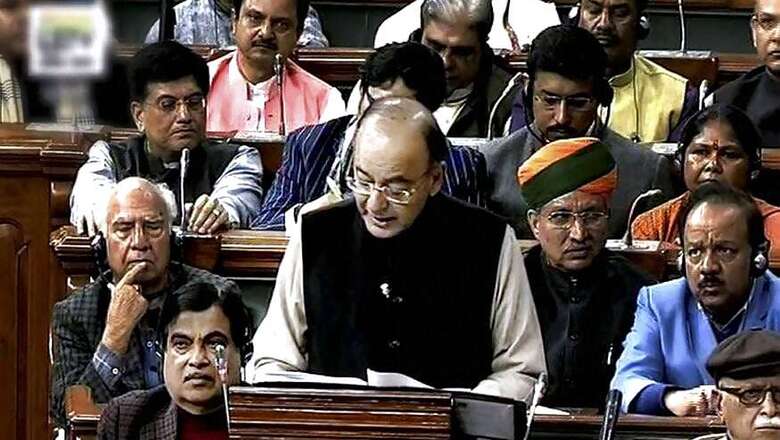
views
New Delhi: Finance Minister Arun Jaitley has put more money in the hands of the lower rung of tax payers partly funded by pinching higher earners in his 2017/18 Budget that sought to provide succour to the rural economy hit hard by demonetisation, continue its crackdown on cash and attempt to reform political funding, all of it staying the course of fiscal prudence.
As a possible reward for their forebearance of demonetisation, Jaitley halved the tax rate for those with incomes up to Rs 5 lakh a year – nearly 68% of individual tax payers – and banned the use of cash for transactions over Rs 3 lakh, as he announced a 5 percentage point tax cut for small and medium enterprises and a slew of reforms, especially pertaining to foreign direct investment.
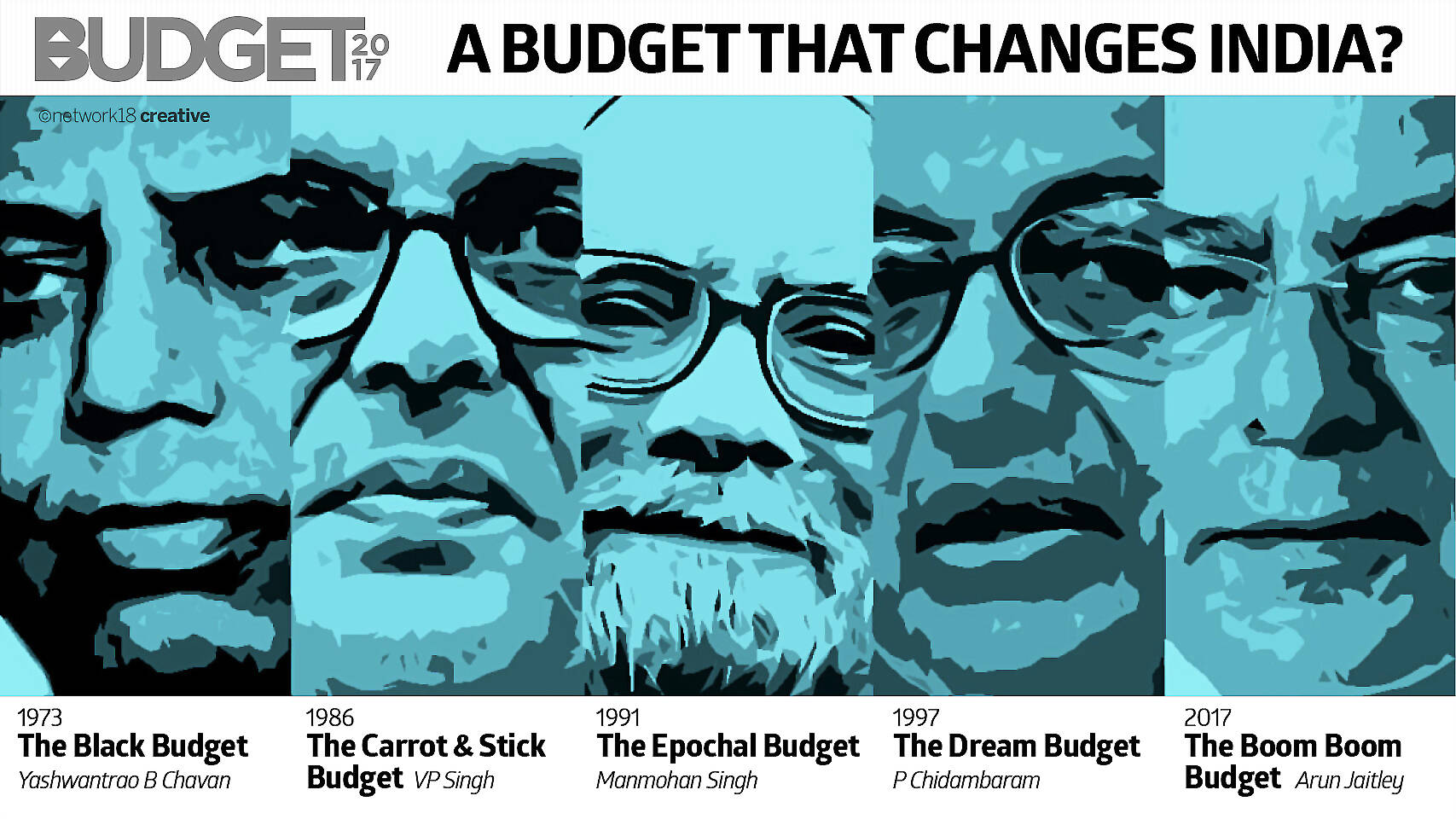
To the relief of many fiscal purists who feared the government would open the populism spigots given that a bunch of state elections are around the corner, Jaitley struck the right note, only saying the government would breach the fiscal deficit target of 3% by 20 basis points next year while promising to rein it in in subsequent years.
“My overall approach… has been to spend more in rural areas, infrastructure and poverty alleviation and yet maintain the best standards of fiscal prudence. I have also kept in mind the need to continue with economic reforms, promote higher investments and accelerate growth,” the Finance Minister said early on in his 34-page-long Budget speech, whose presentation on Wednesday was thrown into some doubt following the death of UPA-era minister and MP E Ahamed.
The government, continuing with its crusade to reduce cash in the economy, outlawed all cash transactions above Rs 3 lakh.
That was not all. The finance minister indicated that fugitive economic offenders such as Vijay Mallya and Lalit Modi will now have to brace a new legislation that could confiscate their assets in India and put a limit on cash donations to political parties – Rs 2,000 from a single source – as part of a long overdue move to reform political funding that has been cited by many experts as a root cause of corruption in India.
His boss Prime Minister Narendra Modi hailed the budget as farmer-centric and pointed to the target of Rs 10 lakh crore for agricultural credit. Modi, known for his penchant to conjure up acronyms, had one for the Budget document: He called it FUTURE, with the letters standing for Farmers, Underprivilged, Technology, Urban development, Rural Development and Employment.
“We were expecting fireworks, but this turned out to be a damp squib,” said Congress Vice-President Rahul Gandhi, noting that the Budget had no concrete plan to create jobs.
Railway Minister Suresh Prabhu, who had an easy day today since his Railway budget was folded into the Union budget from this year, noted that the Budget had the prime minister’s imprint.
Demonetisation, Modi’s boldest gambit yet that has had the nation divided since he announced it on November 8, saw the most mentions among key words in the Budget speech that lasted for an hour and nine minutes.
Neutral observers mostly welcomed the Budget, with most experts commentators on CNN News18 special Budget telecast labelling it “good”.
“Workman like Budget in a year of slowdown and demonetisation. It will click if demand and investment will pick up,” said economist and commentator Sanjaya Baru. “No deviation from the path of fiscal consolidation. Good.”
The Budget halved income tax for those with annual incomes of Rs 5 lakh to 5%, while those earning under Rs 3 lakh will have to pay no income tax at all. This, the FM said, was a gift to the honest tax-paying citizens of the country who put up with the troubles of demonetisation. Those with incomes between Rs 50 lakh and Rs 1 crore, however, saw a 10% surcharge being imposed on their tax rate, while those with incomes above Rs 1 crore will see no change to their tax liability.
The government abolished the Foreign Investment Promotion Board (FIPB), a powerful symbolism indicating the government’s stance in favour of more foreign investment. This suggests that more FDI will now be allowed to come in through the automatic route, leading to speculation on the kind of sectors that will be allowed to avail the benefits coming in the new proposed FDI policy.
One of the world’s biggest ecommerce players, the Indian Railways Catering and Tourism Corporation (IRCTC) will be now be listed, Jaitley said, as he also announced plans to create a state-run oil major by combining existing government-owned petroleum companies. He did not give details.
While ordinary people and small firms stood to gain from the Budget, political parties came under the cross hairs of major reform. The Finance Minister capped cash donations to political parties to Rs 2,000 from a single source, while announcing plans for a new financial instrument of “Electoral Bonds” to fund political parties.
The only potential vote winning measures were the announcements steps taken for providing affordable incomes and kickstarting the job economy are expected to give a leg up to the BJP’s campaign in the 5 states going for Assembly polls later this month.
Expectations were rife that the Modi government will announce a populist budget given the fact that five states are going to Assembly polls later this month. Measures aimed at soothing the adverse impact of demonetisation were also expected.
The FM raised total allocations to rural, farm, and allied sectors saw a whopping 24% hike in outlay at over Rs 1, 87,000 crore. The housing sector was given infrastructure status, which is expected to give a leg up to cement and steel sectors, one of the biggest employment creators.
The “bold and decisive” measure of demonetisation, as the Finance Minister called it, was announced by Prime Minister Narendra Modi in a surprise address to the nation on November 8.
The move to scrap overnight 86% of the value of total cash in the system was panned by Opposition parties and prominent economists, who said it would deal a severe blow the economy, possibly for years. Parts of the international media called it a “self-imposed cash crisis.”
But Jaitley was more sanguine. He said the harsh effects of demonetisation would not spill over to the next financial year.










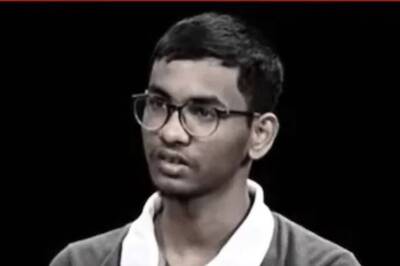

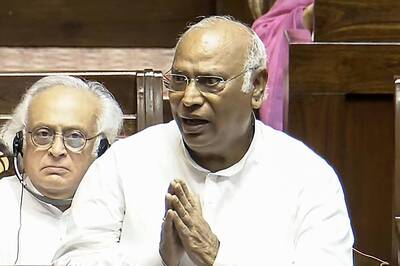
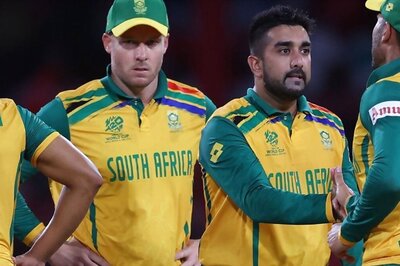

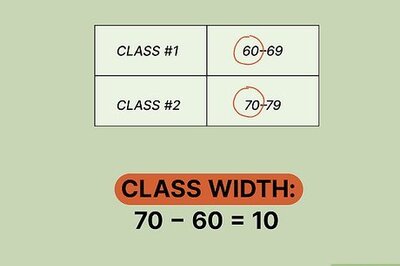



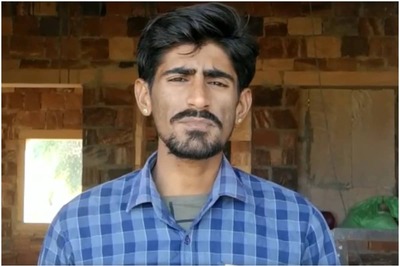
Comments
0 comment